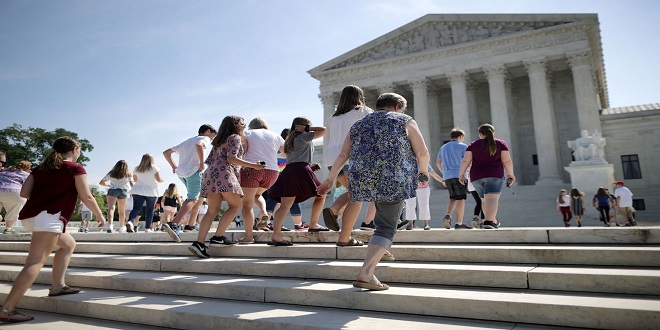Elaborating The New Institutionalism

An Institutional Perspective
An institution is a relatively enduring collection of rules and organized practices, embedded in structures of meaning and resources that are relatively invariant in the face of turnover of individuals and relatively resilient to the idiosyncratic preferences and expectations of individuals and changing external circumstances (March and Olsen 1989, 1995). There are constitutive rules and practices prescribing appropriate behavior for specific actors in specific situations.
There are structures of meaning, embedded in identities and belongings: common purposes and accounts that give direction and meaning to behavior, and explain, justify, and legitimate behavioral codes. There are structures of resources that create capabilities for acting. Institutions empower and constrain actors differently and make them more or less capable of acting according to prescriptive rules of appropriateness. Institutions are also reinforced by third parties in enforcing rules and sanctioning non-compliance
Theorizing Political Institutions
The status of institutionalism in political science has changed dramatically over the last Wfty years—from invective to the claim that ‘‘we are all institutionalists now’’ (Pierson and Skocpol 2002, 706). The behavioral revolution represented an attack upon a tradition where government and politics were primarily understood in formal-legal institutional terms. The focus on formal government institutions, constitutional issues, and public law was seen as ‘‘unpalatably formalistic and old fashioned (Drewry 1996, 191), and a standard complaint was that this approach was ‘‘relatively insensitive to the nonpolitical determinants of political behavior and hence to the nonpolitical bases of governmental institutions.
Theorizing political institutions, Polsby, for example, made a distinction between seeing a legislature as an ‘‘arena’’ and as ‘‘transformative.’’ The distinction rejected variation in the significance of the legislature; its independence from outside influence and its capacity to mold and transform proposals from whatever source into decisions.
In an arena legislature, external forces were decisive, and one did not need to know anything about the internal characteristics of the legislature in order to account for processes and outcomes. In a transformative legislature, internal structural factors were decisive. Polsby also suggested factors that made it more or less likely that a legislature would end up as an arena, or as a transformative institution
More generally, students of politics have observed a great diversity of organized settings, collectivities, and social relationships within which political actors have operated. In modern society, the polity is a configuration of many formally organized institutions that define the context within which politics and governance take place.
last word
Those configurations vary substantially and although there are dissenters from the proposition, most political scientists probably would grant that the variation in institutions accounts for at least some of the observed variation in political processes and outcomes. For several centuries, the most important setting has been the territorial state; and political science has attended to concrete political institutions, such as the legislature, executive, bureaucracy, judiciary, and the electoral system
Exploring the Vidmate old version offers a familiar interface, ideal for seasoned users. The classic layout allows effortless navigation, enhancing user experience. Its simplicity ensures efficient access to desired features, preserving the charm of the original version. Navigating through the classic interface brings nostalgic delight to veteran users, fostering a seamless and comfortable browsing experience. The straightforward design and familiar features make the old version a preferred choice for many users, offering a reliable and user-friendly platform for accessing multimedia content.





